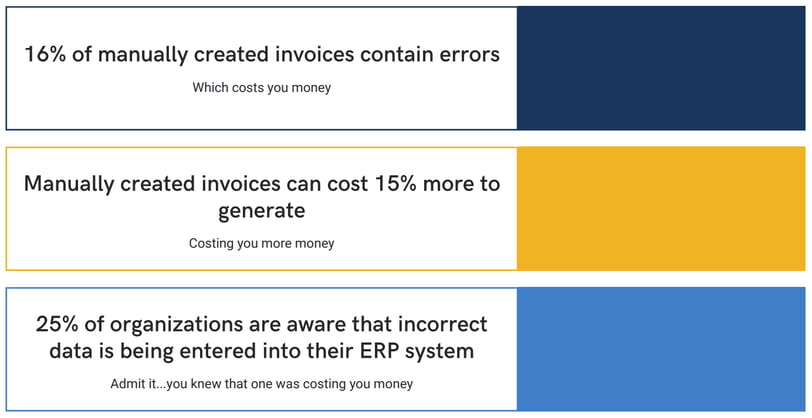

In many IoT implementations, sensors merely communicate information to a server and allow for attractive charts and reports with the intention to help you make business decisions. But what if you want those sensors to be making decisions for your business that actually generate revenue and save you money? The true value of IoT comes from autonomously actioned events (i.e. your things making/costing you money) to take action toward things that make/save you money.
A strong IoT solution allows for sensor data to create intimate connections between your operational and financial systems to provide a wholistic view of your business. IoT is central to the Experience Economy, which is the ability to elevate the experience your products and services deliver to your clients and support your team in doing so. IoT systems can empower a company to reduce overhead costs and react to their changing business in predefined workflows. These workflows are in real-time and act autonomously while simultaneously reducing redundant tasks. In this way, important revenue generating data and events can be entered into your ERP system, autonomously, and without human error… and without coffee breaks, vacations, or sick days.
There was a time when the best approach to entering data was the good old fashioned “hand bomb”. Hire some people, treat them like machines by providing them redundant, meaningless work and watch the money flow in, or would it? The sad part is that even today, several companies are still using manual data entry to manage their company’s data.

One of the main reasons for pushing the boundaries of technology has always been to give us humans a break. However, to this day, some of us are still doing things the old way and paying the price, without even knowing it. On a regular basis, many companies are tasking their staff with tedious, soul-sucking, redundant work. Day in and day out we hire one person to fix errors from another person and another person to check for errors from that person. Here are some expenses you probably don’t have in your company’s ledger:
These are only two examples. And how do they cost you money?
IoT isn’t new, it’s been around for decades. However, in recent years it’s become much more accessible and the diversity of data that can be collected has grown exponentially. Twenty years ago, the return on investment was much more difficult to glean than it is today. IoT solutions are low cost nowadays, which means that even with a small investment in the right solution can easily pay for itself. And with the right partner, a “right” IoT strategy can pay dividends in more ways than one.
FieldVu’s vision of the future is Never Type Again (NTA) and we continue to work with existing clients to help them automate and optimize their operations. Almost every company can benefit from a “right” IoT implementation. At FieldVu, we take the time to ensure that the projects we work on with our clients are moving them in the right direction to improve their business now and in the future. Like a well prescribed fitness plan, we identify and tighten up those areas of your business that are causing financial and more importantly, personal drain.
Reach out today and we can start your company’s digital transformation journey toward an intelligent enterprise.

Written by Jeremy Crossman, VP R&D at VistaVu Solutions
Experienced professional with a 20+ years of successfully pushing the boundaries of technology in diversified markets and applications. Skilled in various computer languages, Enterprise Software, Mobile Communications, Agile Methodologies, IoT, Machine Learning and more.




VistaVu creates solutions for your business.
Offices in Calgary, Houston, Dallas, Denver, & New York.
Call us at 1-888-300-2727 ext. 105

